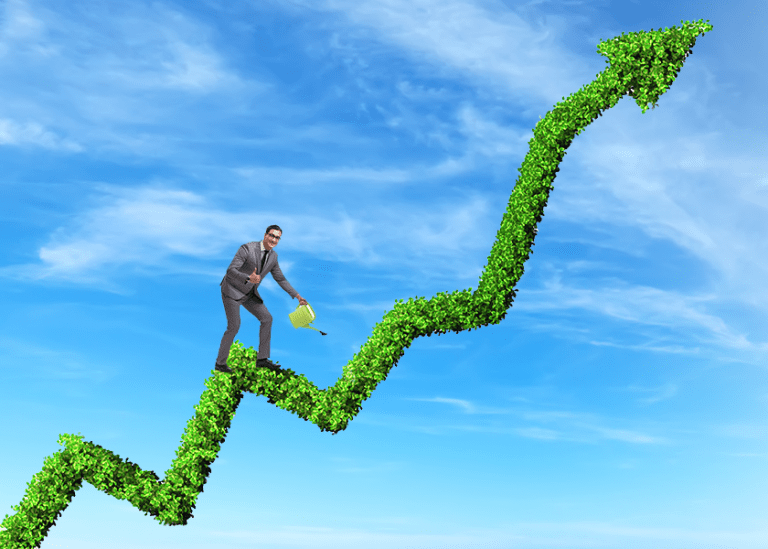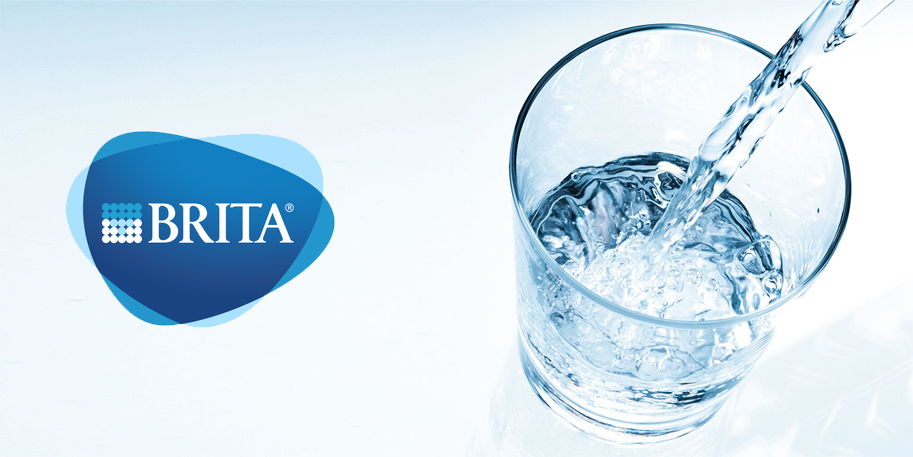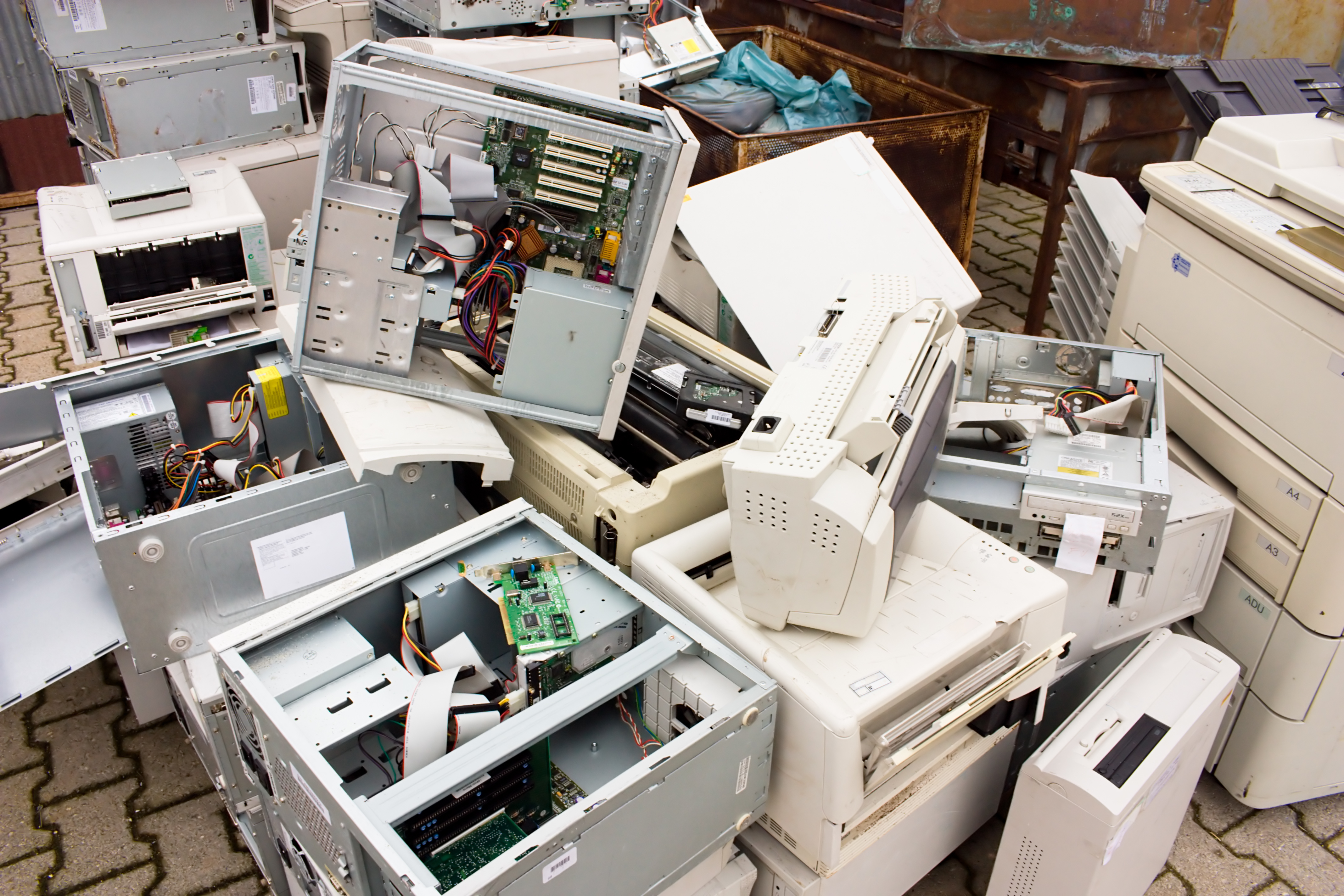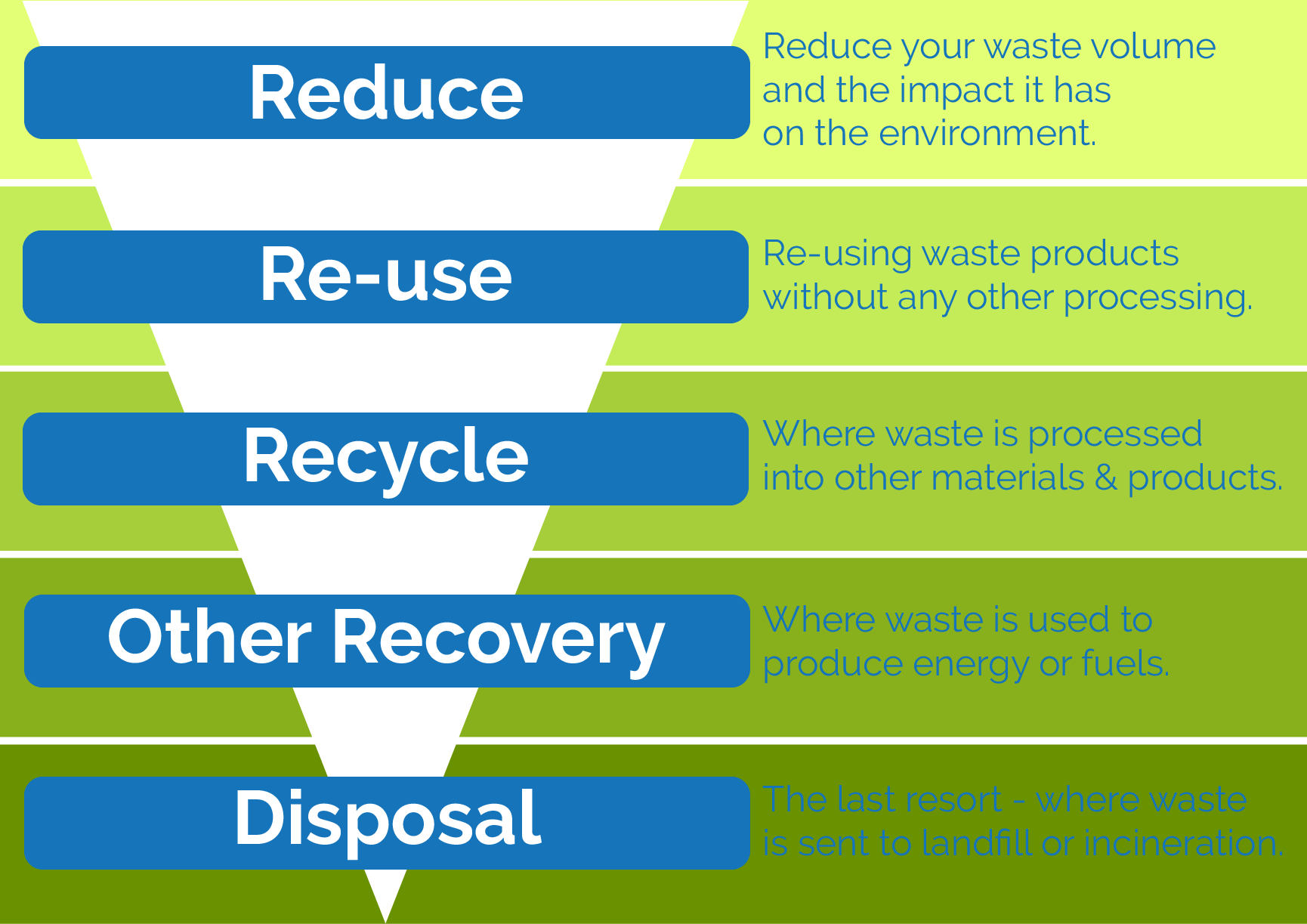
Feeling like you’ve hit a glass ceiling in your recycling efforts? Or feeling like you don’t know where to start? Here’s 5 companies that have gone above and beyond in their recycling efforts – hopefully they’ll give you the inspiration you need to take your waste reduction efforts to the next level. Happy reading!
#1: Brita
In case you didn’t know, Brita are one of the leading brands in domestic water filters, which are fitted to taps to turn tap-water into filtered drinking water. The entire brand is built around sustainability; the chief purpose of their product being to reduce the use of bottled water, and therefore reduce single-use plastic waste.
However, one problem with water filters is that they need replacing every six months or so, and this comparatively short life cycle doesn’t sit well with the company’s sustainable business model. The solution? To give users an option to sustainably dispose of their used filters. Brita will collect old water filters and convert them into energy.
So what can you take from this? Well even if, like water filters, your product can’t be recycled, re-used or otherwise given a new lease of life, you can still dispose of it sustainably – most commonly done by energy recovery. An initiative like this can take your company’s recycling to the next level, and at the same time clearly shows a commitment to improving sustainability to your clients.

#2: MAC
MAC Cosmetics took interacting with their customers one step further by rewarding them for returning used packaging. The cosmetics industry is notorious for excessive packaging, but MAC have taken steps to address this by launching their ‘Back to MAC’ scheme. The concept is simple; return 6 items of used cosmetics packaging and receive a free lipstick.
What can we take from this? In one word; reward. Offering incentives to recycle has been widely proven to increase engagement in any recycling campaign and effectively increase overall recycling rates. Whether you reward your customers, staff or anyone else, this is definitely a scheme worth considering.
#3: Calphalon
Calphalon Kitchenware run a similar scheme to the two we’ve already mentioned, but with one important difference. Whenever you buy a piece of Calphalon kitchenware, you can return your old kitchenware – any type, any brand, and in any condition – and Calphalon will recycle it.
The difference with this campaign is slight, but important; by accepting any kitchenware customers want to offload onto them, Calphalon create a far bigger impact, as they can recycle far more. (And by the way, Calphalon also reward participators – with a re-usable hessian shopping bag.)
#4: Amazon Kindle
WEEE (waste electrical and electronic equipment), is becoming an increasing concern – it’s difficult to recycle and almost impossible to safely dispose of, as it’s largely made of a complex mix of materials and chemicals.
Amazon’s solution to this is to educate their customers on how to responsibly recycle their own used WEEE waste – if you purchase a new Kindle from Amazon, they will give you detailed information about how and where you can recycle your Kindle, and what happens to it once you’ve disposed of it, thereby making it far more likely that your old Kindle will be responsibly recycled.

#5: Estee Lauder
Estee Lauder have been leading the charge on recycling for a long time; since 2003 the company’s 23 manufacturing and distribution sites have sent zero waste to landfill – any waste that cannot be recycled is converted to energy. These 23 sites achieved a recycling rate of 87.8% in 2017, the last reporting year. The company ranks No. 3 on Forbes’ JUST Capital environmental driver score; a list of the 100 most socially and environmentally responsible companies across the world.
Estee Lauder’s sustained success is not solely due to good recycling rates; it’s more down to a commitment to sending zero waste to landfill. As we saw with Brita Filters, energy from waste (EfW) is almost as important as recycling when it comes to reducing waste.
How can you excel at recycling?

- The first thing to do is step back. Don’t over-focus on recycling alone; take a look at the bigger picture; the whole hierarchy of waste. As Estee Lauder have proved, sustained success can’t come from recycling only – you need to look at your whole process of waste management and disposal.
- Involve people – whether it be your staff, customers, suppliers or the general public. The more people you involve, the greater impact you’ll have. And what’s the best way to involve as many people as possible is by rewarding them for participating.
- The other way to involve people is through education – as Amazon have done. Waste management and recycling is complicated – much more complicated than a lot of people think, and by educating them as to more of the process,you’re far more likely to get more people on board.
- Most importantly, do something. Think big, aim high, but start small. Start by making little improvements, and before you know it, you’ll be excelling at recycling.
